Bernie taught mathematics full-time for thirty-nine years at different schools. He’s one of the co-authors of the Oxford University Press Inspire Maths support books. He works with the Early Childhood Mathematics Group (ECMG) to develop child progression indicators too. His expertise and knowledge have been at the forefront of the development of Teach Your Monster Number Skills.
On this page, we hear from Bernie about all things mathematics and Number Skills!

Number Skills Expert
Introducing Bernie Westacott - Educational Consultant for Number Skills!
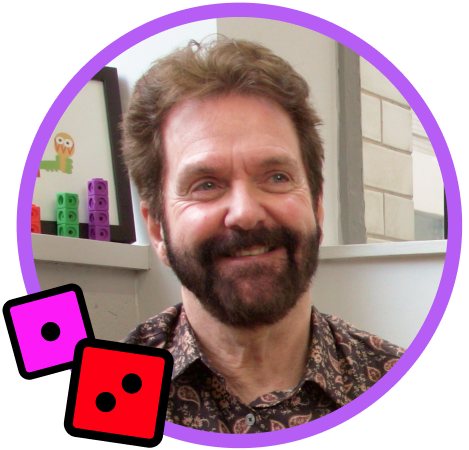
Watch Bernie talk about Number Skills
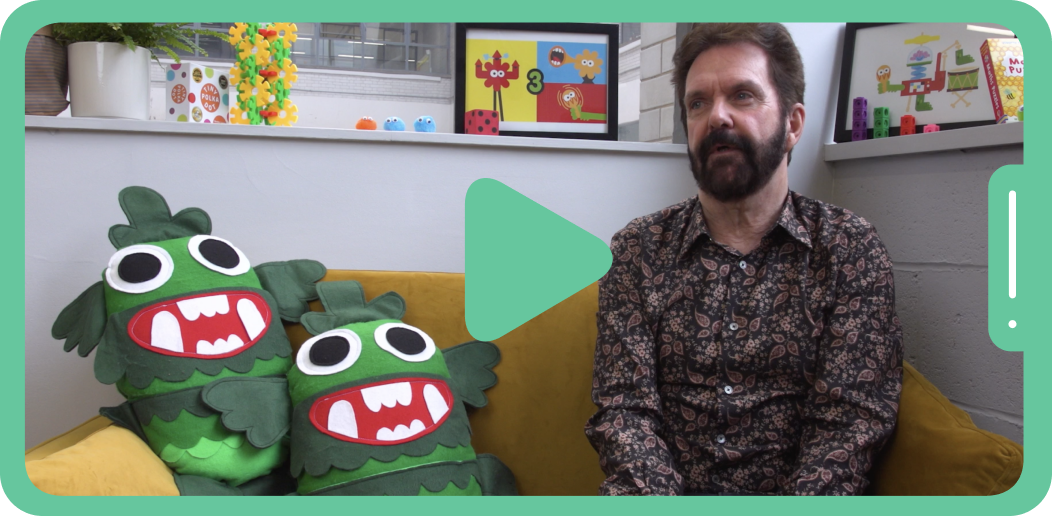
What current research has informed Number Skills?
“Research shows that in learning mathematics at the beginning, children should use manipulatives, and manipulatives traditionally are graspable things that they actually hold, they manipulate, they have gestures with, they do things with, and they also need to link that to the symbolic. So the written numerals.
So the idea is to connect the graspables, the manipulatives, the things that we move, with the symbolic written number. You have to understand that the manipulative (with 7 objects) can be represented by the number 7. You have to understand that it's the numbers in order. You have to understand the quantity there.
Current research shows that in the early learning of mathematics, children should use manipulatives, that is traditionally graspable things like blocks, things that they can touch and count and feel. But the important thing is they learn to link the written numeral, the symbol, the abstract ‘7’ to the number of items as they count them.
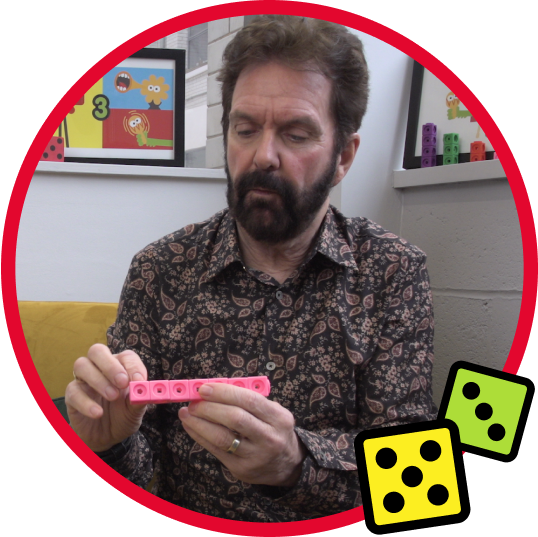
They also realise the magnitude, how big it is, and they must link all of those things.
I would also include the use of apps in the category of ‘manipulatives’ and there's little discussion around that. Although apps aren’t graspable, you do have a gesture, you do have a movement, you have an intent, there is something you're going to do, grab it or move it. And that can be just as effective.
In fact, sometimes it’s more effective, the things you can do with apps than the things you can do just with these solid concrete objects.
Also, research shows that children need time. They need time to play, to explore, to collaborate, to investigate, to discuss things. And when they're discussing, both the adults and the child, language is vital to the development of children. So it's important that we teach them and we use the correct and precise mathematical language because we know that has an impact on their development, how far they go and how fast they go”.
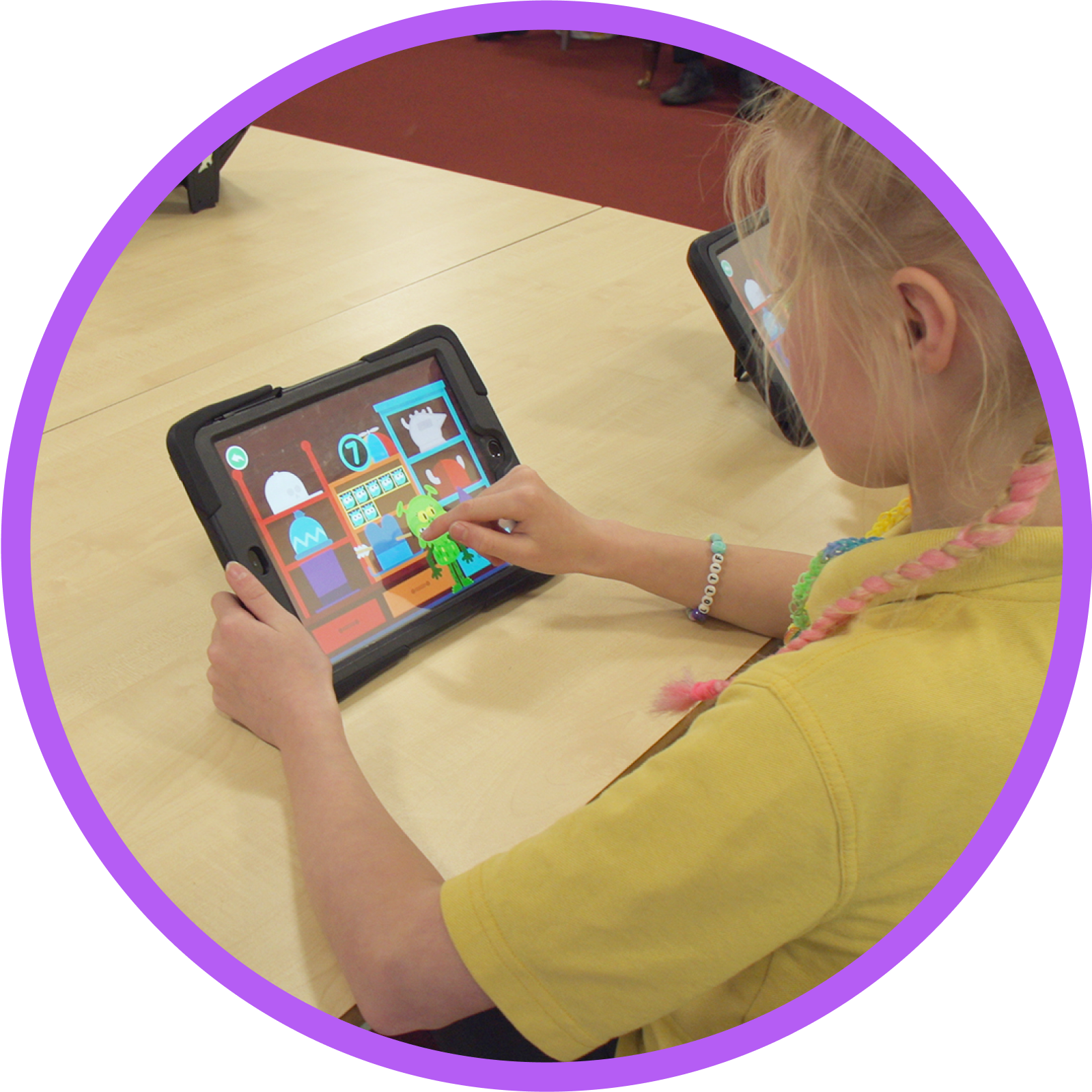
Watch Bernie talk about manipulatives in the game
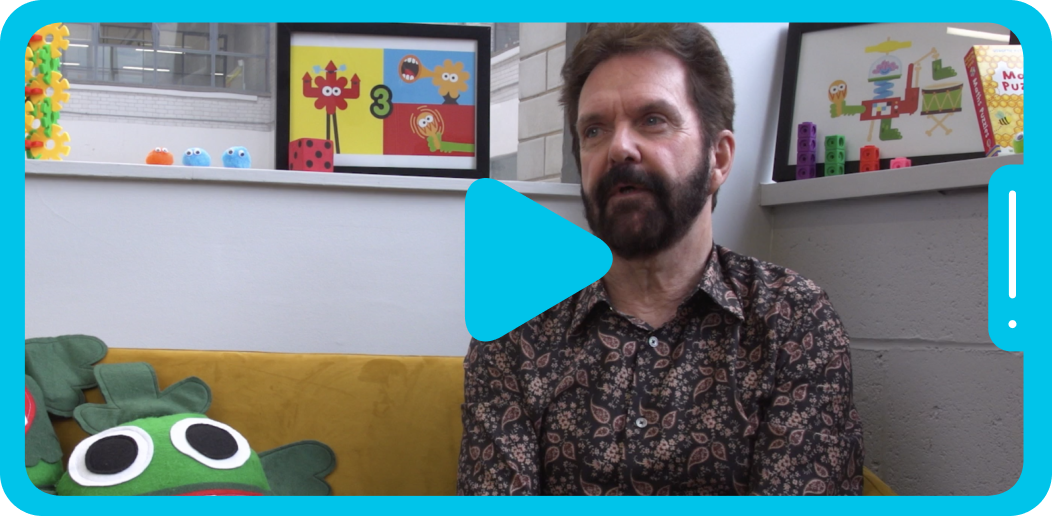
What was your involvement in Number Skills?
“My involvement in Number Skills has been, first of all, to identify the key areas that young children need to be developing in mathematics, and then to outline what the pedagogy looks like, and then to work with the game developers so that they can make that fun and bring that in. Between all of us, we're developing fun games that are pedagogically sound and based on current and latest research.
Working with the team has been very different from the teaching experience I've had. It's been a very collaborative experience and it's been very creative. I thoroughly enjoyed every minute of it and hope to keep doing that.”
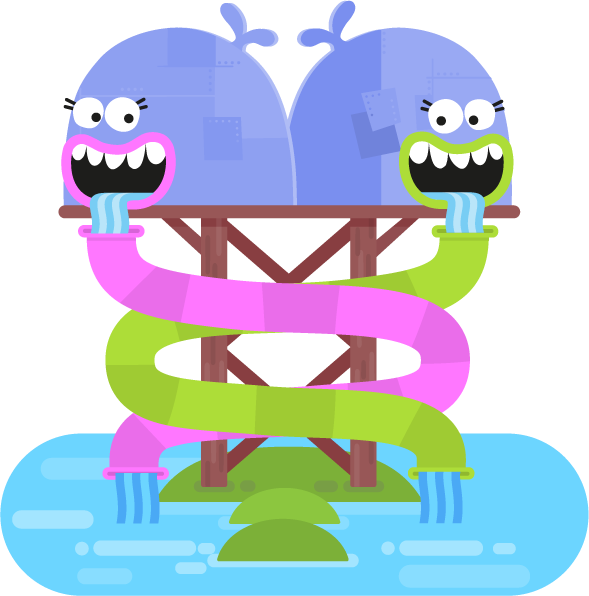
What’s Bernie’s favourite game?
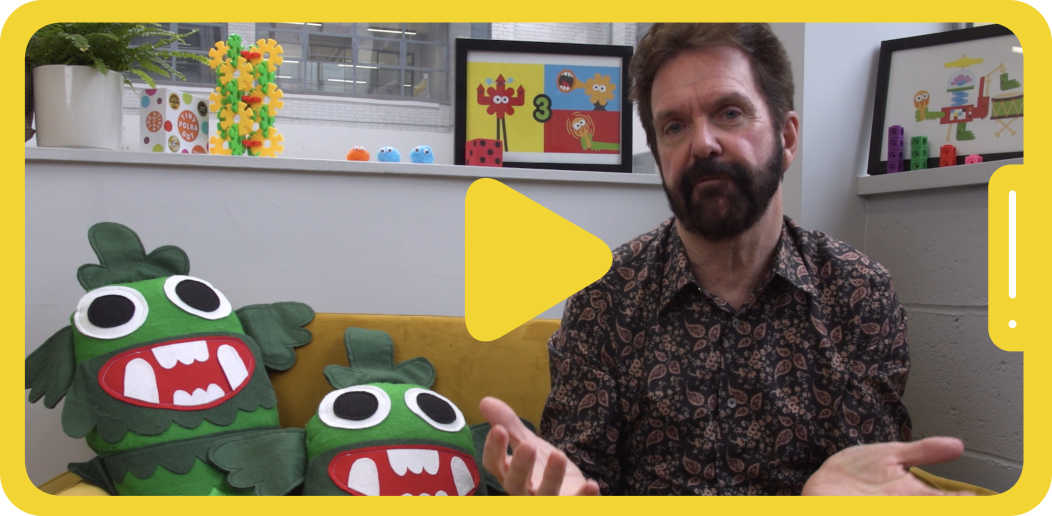
How does the game support children in learning difficult mathematical concepts?
“Well, first of all, you have multiple representations. So a concept or an idea is represented using different manipulatives, and different visuals. So there's much more chance to make a connection between them rather than just learning one way. It's multiple representations, manipulatives.
Throughout the game, the questions are linked so that children are encouraged to make relational connections between the questions, these are not isolated instances and that builds up a web of interconnectivity - forming that strong foundational knowledge.
Repetition is also key. Teach Your Monster Number Skills helps with repetition because there are lots of different games, mixing up concepts and in different ways. The children are having fun, so they keep coming back to them and meeting the same concepts in lots of different ways and it all gets tied together.
Lastly, because it's such a fun game. I mean, I've watched children doing it and they love it. So they will keep playing it over and over because they're having fun. And that's, I think, the essence of it. It's achievable, it's fun, and they like doing it.”
